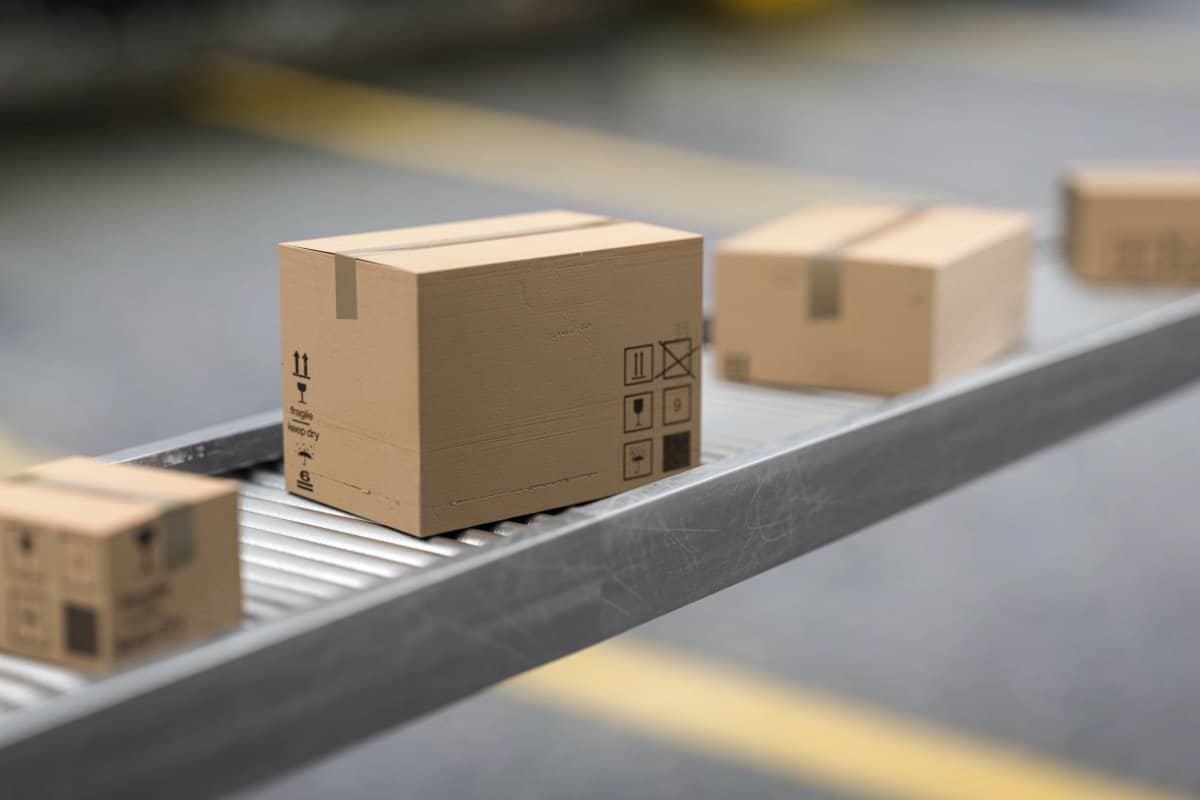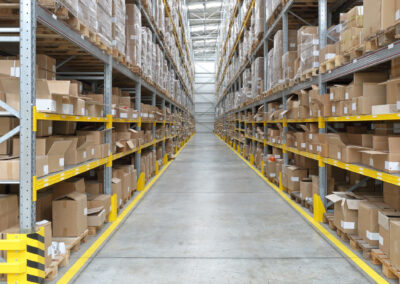eCommerce Logistics: Challenges and Solutions

by Carolina Engl – 9 Min. read time
last updated 19/10/2022


Fast shipping and seamless returns management are key.
| Advantages |
|
✓ Full control of all logistics processes ✓ Higher profit margin (depends!) |
| Disadvantages |
|
X Time consuming X Additional manpower and equipment required X hHigh labor and storage costs |
| Advantages |
|
✓ Eliminates shipping processing ✓ Saves time and manpower |
| Disadvantages |
|
X Reduced profit margin X Effort for remaining order processing remains high |
| Advantages |
|
✓ No capital investment in warehouses or personnel ✓ Saving of resources ✓ Focus on your core business ✓ High flexibility and scalability |
| Disadvantages |
|
X Dependence on service provider X Partial loss of control (depends!) |

4PL service providers coordinate the supply chain and are involved in planning the logistics strategy.
Find out more about Alaiko as a Fulfillment Service Provider!
| Advantages |
|
✓ Low investment costs (no product purchase, no warehousing fees) ✓ Saving of time and manpower |
| Disadvantages |
|
X Dependence on service provider X No control over delivery processes X No influence on customer buying experience X Lower profit margins |
What is eCommerce?
The term eCommerce stands for electronic commerce and refers to the buying or selling of goods on the internet. It can involve both B2B and B2C companies offering their products online.
What are the challenges of eCommerce?
eCommerce is changing supply chains and the movement of goods. Customers expect fast shipping and easy returns management.
What is eCommerce logistics?
eCommerce logistics refers to all the logistics processes involved in online retail. This includes receiving, warehousing, picking, shipping, and returns.
What kind of eCommerce logistics solutions are available?
Online stores have several options for efficiently managing their logistics. These include working with shipping partners, outsourcing to fulfillment service providers, or dropshipping.
Carolina Engl
Content Marketing Manager
Alaiko Posts




